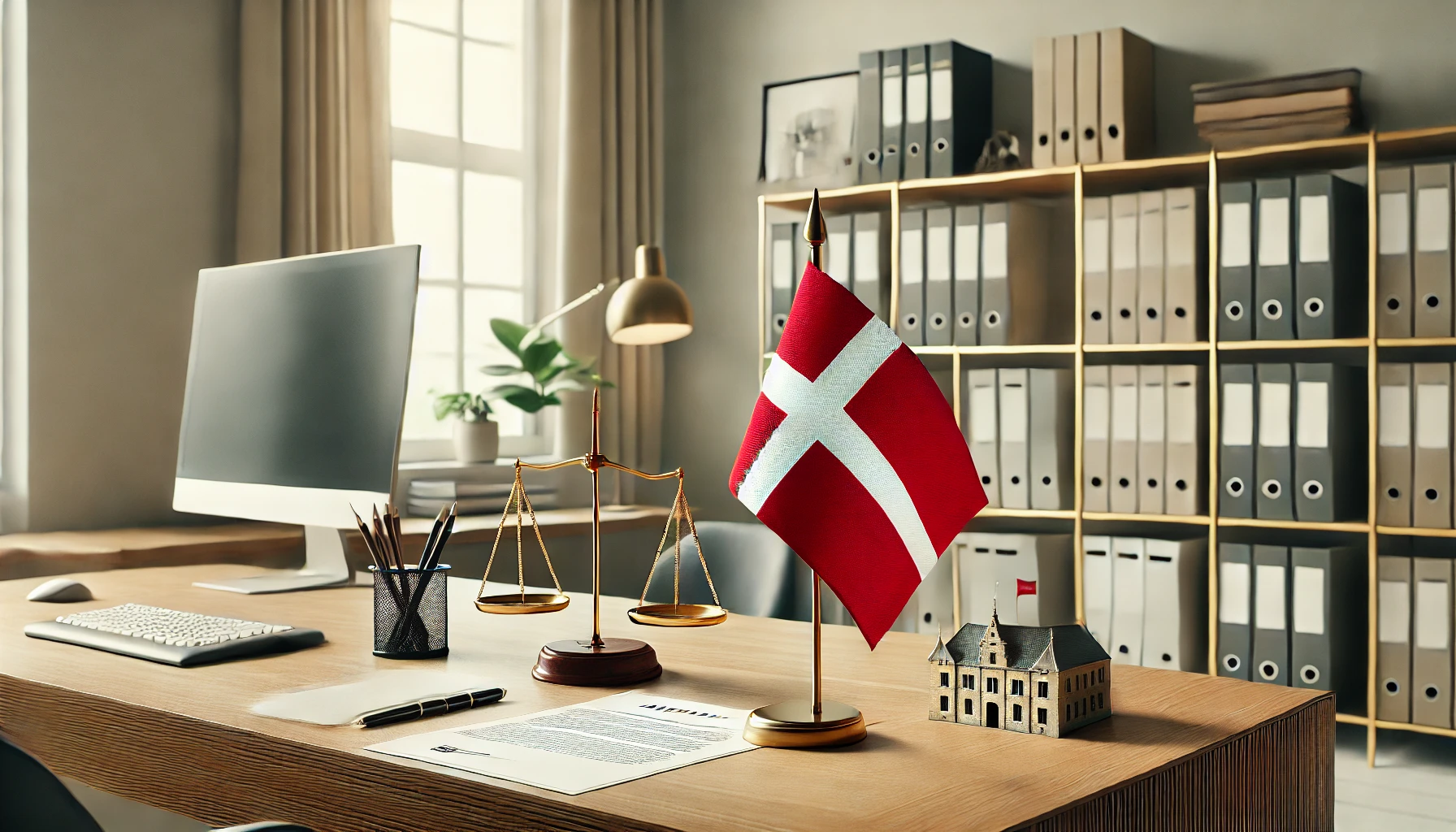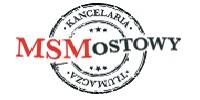
Danish
When it comes to Danish, MS Mostowy Translator’s Office can offer clients the assistance in preparing certified and regular (non-certified) translations, as well as interpreting services. We cooperate with well-trained and constantly continuing education certified Danish translators, who are always willing to offer their help and knowledge to our clients.
General information about the Danish language
Danish belongs to the Scandinavian group of Germanic languages, which is more strictly classified as North Germanic. In a decree of the Minister of Justice, the Norwegian language is classified in language group 3, which affects the rates quoted by certified Danish translators. There are about 6 million speakers of Danish worldwide. Due to such widespread use, Danish is also an official language of the European Union. There are 36 sworn Danish translators registered in the whole of Poland, while only 3 sworn of them are registered in Kraków.
In which countries Danish is spoken
Danish is listed as an official language in countries such as Denmark, Greenland and the Faroe Islands, but due to its large number of speakers (about 50,000 people), it is also a widely spoken language in Schleswig, the northern region of Germany. Interestingly, because Iceland was subject to Denmark until 1944, in that country, Danish is taught as one of the main foreign languages, in addition to English.
What are the characteristics of the Danish language
The alphabet of the Danish language is not much different from other alphabets of European languages. It consists of 29 letters, including three very distinctive letters: Æ æ, Ø ø and Å å. Interestingly, however, the Danish language contains as many as 22 vowels, which, as it turns out, affect the difficulty of learning the language, even by Danish residents themselves. All the more so, certified Danish translators can be considered true, highly qualified specialists.
As for the grammar of the Danish language, it is characterized by simplicity. As the language evolved from Old Norse into the current form of Danish, declension (i.e., conjugation by cases) and conjugation (conjugation by persons, numbers, modes, etc.) disappeared almost completely, resulting in faster and easier learning of Danish grammar. This grammatical simplicity can also significantly affect the turnaround time quoted by a certified translator, especially when we are talking about express mode.

Interestingly, in Danish, as in German, there is a phenomenon of combining nouns, denoting separate terms, into one long word. Apart from the fact that hyphenation is a basic word-forming mechanism, in Danish it is also a mandatory orthographic rule to follow, since writing a hyphenated word separately is an error in Danish. An example of one such long-winded word in Danish is a term coined by writer Hans Christian Andersen in a fairy tale titled “The Shepherdess and the Chimney Sweep. “The Shepherdess and the Chimney Sweep” and this is: Gedebukkebensoverogundergeneralkrigskommandersergenten, which when translated into English can be read as: „ General-inspector-in-chief-inspector-press-clothing-goat-legs”.
In what other languages do we provide our services?
An equally distinctive feature of the Danish language is its pronunciation; it is incredibly important that it be correct. Incorrect pronunciation of words in Danish can result in serious misunderstandings in conversations with users of the language, which is something that a sworn Danish interpreter in particular cannot afford to do.
An interesting feature of the Danish language is the existence of a phonetic phenomenon called stød. This is a phenomenon that occurs during the pronunciation of a word, when the larynx is short-circuited, which can sound as if the speaker simply stuttered in the middle of a word. However, it is important to learn this particular pronunciation feature, as some words in Danish can be distinguished solely by whether or not the aforementioned stød occurs in pronunciation. This makes it all the more important to be guided by the qualifications and experience possessed by the interpreter when choosing a certified Danish translator, especially in the field of certified interpreting.
Sworn Danish translator – what documents can he/she prepare?
A sworn Danish translator is needed in any situation where a client has to submit to an institution a certified translation, that is, one whose reliability and authenticity will be officially certified. In the most common cases, these will be documents needed for courts, or offices, such as:
- birth certificates, marriage certificates, death certificates, divorce decrees,
- employment contracts, bank statements, tax returns, salary certificate, insurance policies
- car registration documents, car purchase invoices
- medical certificates, patient charts, medical examination results
- legal correspondence, contracts, patents, expert opinions/examinations, powers of attorney
Regular translation from and into Danish
In the case of ordinary translations both from Danish and into Danish, a sworn or non-sworn translator may encounter a huge variety of topics.
Marketing documents, such as presentations, advertising brochures, product catalogs, may be submitted for ordinary translation. It is also not uncommon to encounter documents related to logistics, such as customs declarations from the transportation of various goods. Regular translation can also include websites, website regulations, privacy policies and content available in various mobile applications. Sometimes a client may also request a translation from Danish of specifications or technical documentation or user manuals, in which case we are still talking about regular translation as well as specialized translation (containing specialized terminology).

Interpreting in Danish
Danish interpreting can be divided into those that require the presence of a sworn interpreter, as well as those for which the presence of an ordinary interpreter is sufficient. Nevertheless, in certain cases, due to the high specialization of the subject in question, clients prefer to bet on the presence of a sworn interpreter, as this is an interpreter who has passed a highly specialized state exam in Danish, especially in the field of legal terminology. Thus, we then have the certainty that the translation will be carried out with due diligence.
Situations in which our Translator’s Office can offer the assistance of a sworn Danish interpreter for interpreting are as follows:
- all activities conducted at the Registry Office, or by officials of the Registry Office, especially those related to entering into a marriage. The presence of a sworn Danish interpreter, and the translation performed by him, will allow the bride and groom and guests to understand all the formalities of getting married in Poland, while maintaining the solemn tone of the ceremony,
- all activities related to the signing of notarial deeds, whether related to the lease, sale, or purchase of real estate, but also, for example, registration of a company on the Polish or Danish market. In all these situations, the presence of a sworn Danish translator is absolutely necessary. – all business meetings, in smaller or larger groups, negotiation talks, where a reliable and accurate translation is necessary, which can also affect the success of business deals that clients want to conclude. Such is the high quality of translation that our sworn Danish
FAQ: Sworn translator of Danish
The most commonly translated documents are birth certificates, marriage certificates, business contracts, employment certificates, and court and official documents.
Yes, Polish offices require sworn translations of documents from Danish to have the legal force of law.
Turnaround time depends on the volume and complexity of the text, but usually the translation is ready within a few working days.
Documents can be sent in electronic form, and originals can be provided later if it is required by offices or institutions.
Yes, certified translations prepared by a translator registered in Poland are respected in other countries, but sometimes additional formalities such as legalization or Apostille clause may be required.
KANCELARIA TŁUMACZA MS MOSTOWY
al. Krasińskiego 1 pok. 508, 31-111 Kraków
(Budynek JUBILAT)
Godziny otwarcia:
Poniedziałek – piątek 9:00 – 16:50
Konto bankowe:
Kancelaria Tłumacza MS Mostowy
al. Krasińskiego 1 pok. 508, 31-111 Kraków
PL 44 1140 2004 0000 3202 7868 0570
SWIFT: BREXPLPWMBK
mBank S.A. FORMERLY BRE BANK S.A. (RETAIL BANKING) LODZ
Skrytka pocztowa 2108, 90-959 Łódź 2
